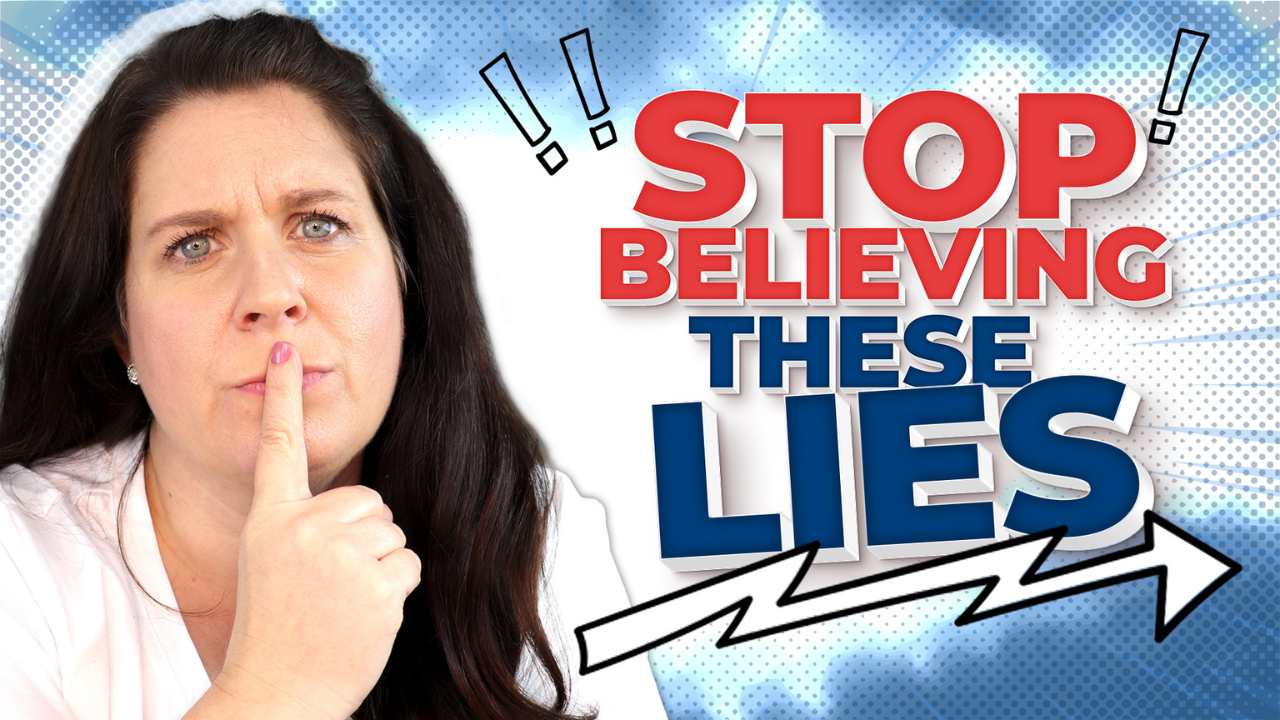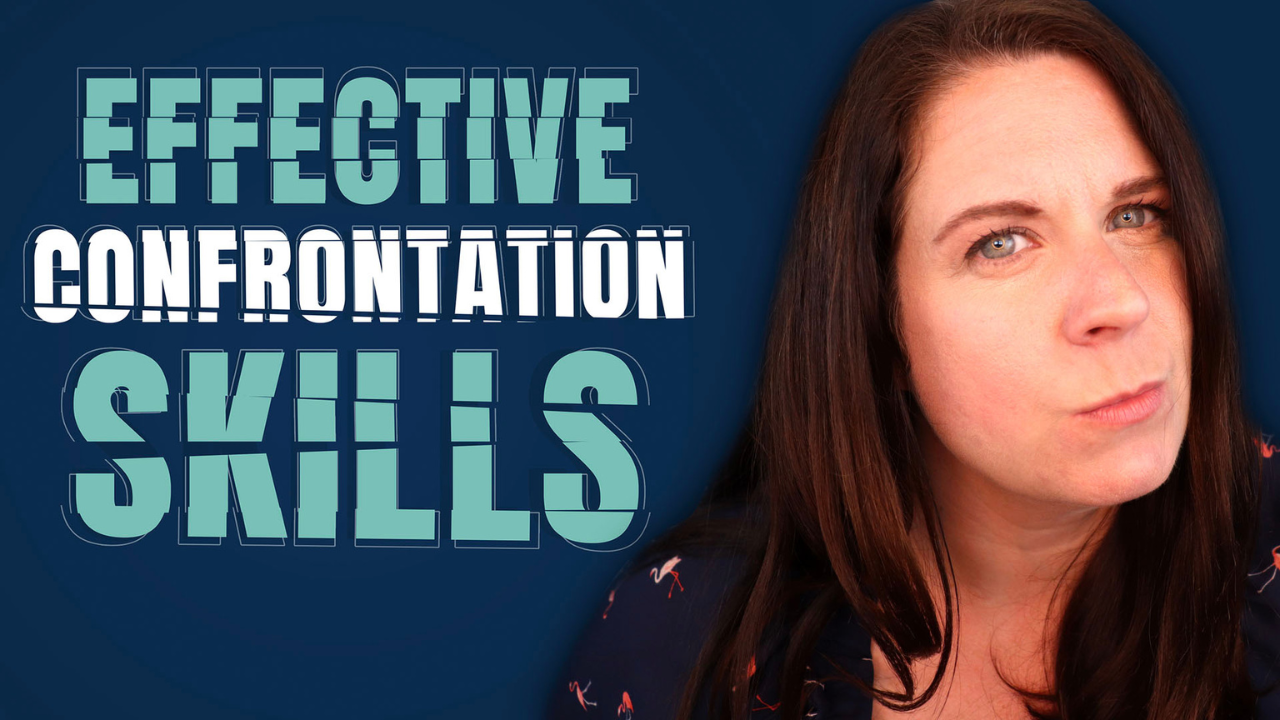8 Lies Addicts/Alcoholics Tell (Warning!#7 Will Be Upsetting) 😠
If you've got an addicted loved one who says one of these statements, I'm about to tell you; it is likely lying more often than not. Of course, you shouldn't believe this. But, before I tell you these statements or lying examples, I want you to know that just because you're not going to believe these lies anymore doesn't necessarily mean that you should call them out, especially not in the moment.
You don't always have to call it out, but you don't have to believe it.
#1. Some version of, "I only hide it because ____."
For example, "I only hide my drinking because it upsets you. I don't want to get you upset." Any reason for hiding the dependence is addictive behavior. And yeah, there may be a little truth in some of the reasons that they're giving you for hiding, but the big reason they're hiding it is that they know that the addictive behavior is out of bounds in some way,
So when you hear this statement, it's essential to understand that they may be lying to you, but it's highly possible they're not telling themselves the whole truth about the situation. Even when people with addictions drink or use or do whatever is in front of them, there's probably a good amount of drinking and abuse behind the scenes that you don't know about.
#2. "This is the first time that has happened." I've been helping people with drug and alcohol problems for a very long time, and almost always, 99.99% of the time, whatever you catch or find is just the tip of the iceberg.
Okay? Sure. You may have caught or busted them the first time, but how likely is it? Probably not.
#3. You'll hear this when you encounter evidence of the substance, paraphernalia, or a bank charge. When you run across some evidence and confront the person about it, you might hear them tell you, "oh, that's old, or that happened a long time ago, or, oh, you knew about that."
#4. Is one of those lies that the person tells other people, but also that they're telling themselves to help keep themselves in denial and this not entirely true statement sounds like, "It's the only thing that helps me with _____." "Weed is the only thing that helps me with my anxiety. It's the only thing that helps me with my trauma, my depression."
Now, this particular lie is a little complicated, and the reason it's tricky is that it maybe does help them a little bit initially, but by the time it's gone far enough that you're watching these videos, it's not helping them anymore. Sometimes they tell you that because they know you have a lot of empathy for them, and you feel bad. It gets you to shut up and move on, and sometimes they feel like it's the only thing that's helping, but they don't realize that it's helping with the withdrawal cycle due to the addictive behavior.
#5. "Everyone does it now."
No matter what the addictive behavior is, it's not true. But when you live that lifestyle, there's a strong likelihood that pretty much everyone you put yourself around does it. So this is one of those lies designed to throw you off course and make you think whatever they're doing is typical, or it's one of those lies that they're telling themselves to stay in denial about the issue. Or, they're engaging in the behavior so much that everyone they interact with is doing it. So it's the truth, but it's skewed because they need to get a good sample population for when they say everyone.
#6. "It won't happen again."
You often hear this statement after something terrible happened due to their addictive behavior. A DUI, maybe they got angry and mean, left the house, or forgot a responsibility. Essentially something big falls through the cracks. And it's not so much that they don't mean it when they say it to you. But it only won't happen again if they have a perfect action plan that follows that; they know it happened and learn how to prevent it from happening. And it sounds reasonable. It's probably going to happen again.
#7 Is any version of "it's your fault."
For example, "I only drink because you're controlling and nagging." People with addictions have powerful superpowers for making it somehow your fault. So, yes, I agree that some things families do are not very helpful. And if you've been watching my videos, you probably know what those things are. But it's crucial that you don't buy into this belief that it's your fault they're doing whatever addictive behavior.
#8. "I'll pay you back." Of course, this can be about money, but it can also be about other things like I'll repay this favor. Sometimes the person means it when they say it and intend to do it. But the fact is that addiction brings so much unmanageability to your life that I really couldn't count on it.
So if you are thinking of giving something to someone, whether that's time, energy, money, or whatever it is that you really can't afford to give, I want you to think long and hard before you do it because if you need them to reciprocate that or pay you back, there is a strong chance that they may not be able to do it, even if they have every intention of it when they say it to you. It's not that it's not okay to help someone who has an addiction with money or anything else for that matter, but I wouldn't do more than you could afford, and I wouldn't do something that you're going to be resentful of if it doesn't come back your way.
Now I know this video was scratching the surface of this topic, so if you know some other common lies you might hear if you have an addictive loved one, let me know.
Amber Hollingsworth
Watch this video about how and when to confront addictive behavior.
ADDITIONAL RESOURCES:
Make An Appointment With One Of Our Specialists
Learn More About The Invisible Intervention


